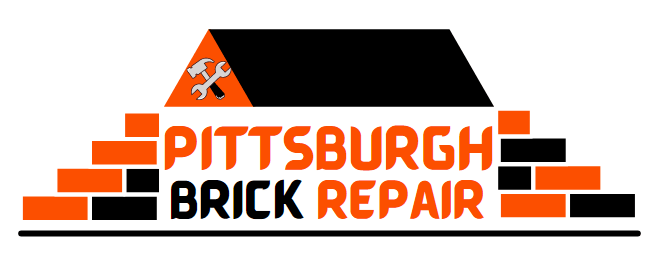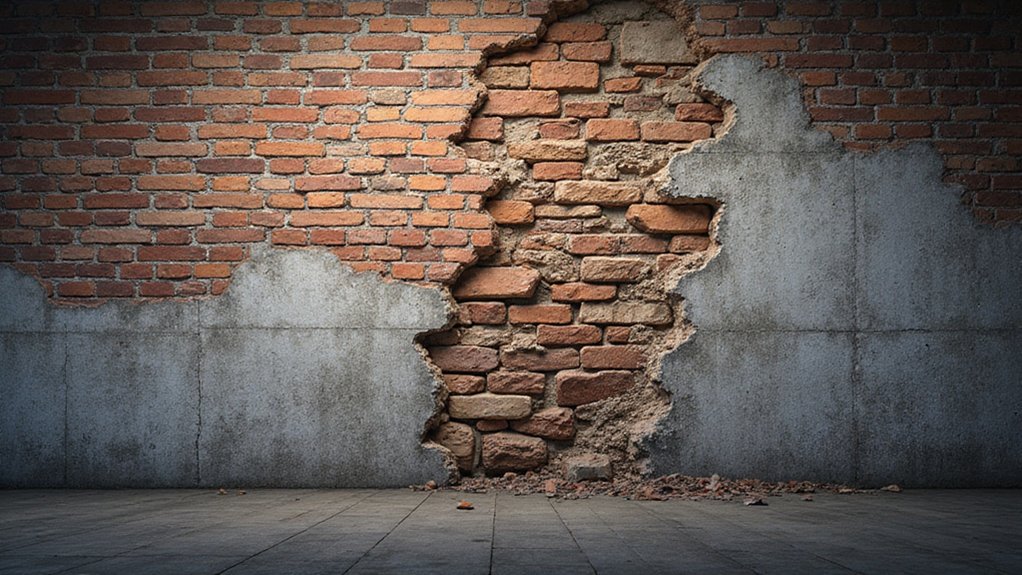If you’ve ever owned a building, you’ve probably heard conflicting advice about maintenance. Some say it’s a waste of money, while others insist it’s vital. The truth lies somewhere in between. These five common myths about brick and mortar maintenance can cost you thousands if you’re not careful. Want to know how to protect your investment and avoid expensive surprises? Let’s discover the real story behind building upkeep.
Myth #1: Maintenance Is Always Expensive
Have you ever hesitated to start a maintenance project because you’re worried about sky-high costs? The truth is, periodic inspections and proactive planning can actually save you money in the long run. By catching small issues early, you’ll prevent expensive repairs down the road. Tuckpointing expert services can help you maintain your masonry at an affordable rate, addressing potential problems before they escalate into costly repairs.
Regular maintenance doesn’t have to break the bank—it’s about smart, strategic investments in your property. Think of it like routine car checkups: a little attention now can prevent major breakdowns later. When you stay ahead of potential problems, you’ll protect your building and your budget simultaneously.
Myth #2: DIY Repairs Are Always Cost-Effective
While saving money seems tempting, not all home repairs are suitable for do-it-yourself solutions. Improper tools and incorrect techniques can alter a small issue into an expensive problem, potentially causing more damage than you’d anticipated. Professional contractors understand intricate maintenance requirements that most homeowners might overlook. Your well-intentioned efforts could compromise structural integrity, leading to costlier repairs down the line. Foundation repair experts in Pittsburgh emphasize that specialized structural work requires professional skills to prevent extensive damage and ensure proper stabilization. Sometimes, investing in expert help upfront saves significant money and prevents unnecessary complications.
Myth #3: Regular Maintenance Isn’t Necessary for New Buildings
Many new building owners mistakenly believe their pristine structures will remain perfect without proactive maintenance. Even recently constructed buildings require regular attention to prevent early damage and preserve their integrity.
Seasonal inspection checks are essential for identifying potential issues before they escalate into costly repairs. You might think your new building is immune to wear and tear, but environmental factors, settling foundations, and daily use can gradually compromise structural elements.
Myth #4: All Maintenance Tasks Require Professional Intervention
Contrary to popular belief, not every maintenance task demands a professional’s skills. You can handle many routine inspections and minor repairs yourself, saving time and money. DIY inspection routines help you catch small issues before they become costly problems.
Myth #5: Cosmetic Issues Don’t Impact Business Performance
Because first impressions matter greatly, the appearance of your business premises directly influences customer perception and potential revenue. Cosmetic issues aren’t just surface-level problems; they drastically impact your brand reputation and customer satisfaction.
Consider these key insights:
- Dirty or worn surfaces suggest poor management
- Neglected spaces signal potential operational carelessness
- Outdated decor can reduce customer trust
- Unaddressed aesthetic problems might decrease foot traffic
Your physical environment communicates your business’s values and dedication to quality. Small imperfections can create substantial psychological barriers that discourage potential customers from engaging with your brand, ultimately affecting your bottom line.
Frequently Asked Questions
How Often Should We Schedule Professional Maintenance Inspections?
You’ll want professional inspections quarterly, aligning with seasonal checklists. During contract negotiation, discuss thorough evaluations that catch potential issues before they become costly repairs.
What Maintenance Tasks Can Be Safely Performed In-House?
You can handle routine cleaning, surface checks, and basic paint touch-ups. Schedule seasonal inspections yourself, ensuring early problem detection while maintaining your building’s integrity and creating a sense of shared ownership.
Are Preventive Maintenance Costs Tax-Deductible for Businesses?
You’ll find many preventive maintenance costs are tax-deductible, especially energy efficiency upgrades that help manage your maintenance budget planning. Consult your tax professional to maximize potential deductions for your business.
How Do Maintenance Records Impact Property Resale Value?
You’ll elevate your property’s resale value through thorough maintenance impact analysis. Detailed records demonstrate care, signaling potential buyers that you’ve responsibly managed the property’s condition and protected its long-term value.
Can Regular Maintenance Help Reduce Long-Term Insurance Premiums?
You’ll lower insurance premiums by maintaining your property regularly, reducing claims history and establishing a lower risk profile that insurers appreciate and reward with more affordable coverage.

